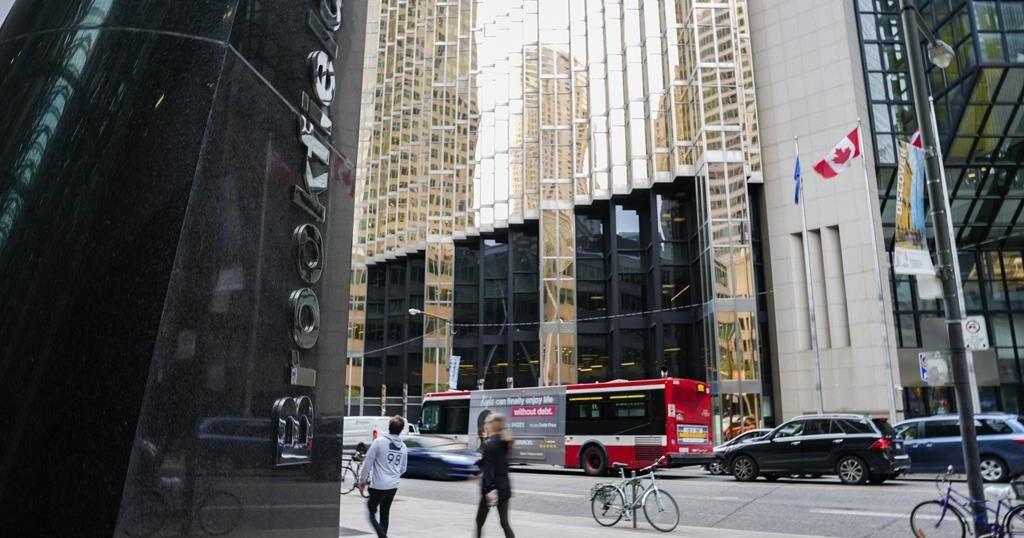(Bloomberg) — Asia’s ultra-rich clans are poised to invest more in China after retreating in 2022, according to research from UBS Group AG.
About 30% of family offices in Asia-Pacific plan to raise their allocation of assets in Greater China in the next five years, according to the Swiss bank’s global family office report, which surveyed 230 firms, including 45 single family offices from Asia. Only 6% of those in Asia plan on staying out of China completely.
The renewed optimism in the world’s second-largest economy comes after a dip in 2022, as harsh Covid Zero restrictions and Beijing’s tightening grip on the private sector left money managers wondering if the country had become uninvestable.
In 2022, family offices in Asia lowered their investments in Greater China to 23% of their portfolio, down from 40% a year earlier. Such shifts have benefited the rest of the region, where asset allocations rose 13 percentage points to 28% in 2022.
“The growth we’ve seen in the last 10, 20 years in China is just unprecedented, though we’ve taken a bit of a pause in the last couple years,” Tommy Leung, co-head of the global family office unit for Asia-Pacific at UBS, said at a press briefing in Singapore. “But there’s no ignoring an $18 trillion economy that’s growing at 5% a year.”
More mainland Chinese are also setting up family offices in Hong Kong after the city offered tax exemptions, LH Koh, co-head of global family and institutional wealth for Asia-Pacific at UBS. He added that Hong Kong and Singapore have both been attracting families.
“They are complementary to each other. Hong Kong has the edge of serving Greater China clients given the proximity factor and the strong capital market,” said Koh. “Hong Kong and Singapore have long been the dual hubs for wealth management in Asia.”
Asia’s richest families also foresee higher allocations to fixed income and equities in developed markets, as global family offices seek to diversify in the face of geopolitical tensions, rising rates and flagging central bank liquidity.
Here are a few highlights from the report:
- Asia-Pacific family offices increased their allocation to equities to 37% in 2022, up from 33% in 2021
- In Asia-Pacific, hedge fund allocations have risen to 5% in 2022 from 3% in 2021
- 80% of Asia-Pacific family offices expect hedge funds to meet or exceed their performance targets in the next 12 months
- In Asia-Pacific, 41% are planning an increase in allocation to developed-market fixed-income over the next five years
- Geopolitics is the top concern for Asia-Pacific family offices
- Medical devices and healthtech is the investment theme that resonates most with Asia-Pacific family offices
©2023 Bloomberg L.P.
Adblock test (Why?)

Source link
Related

























